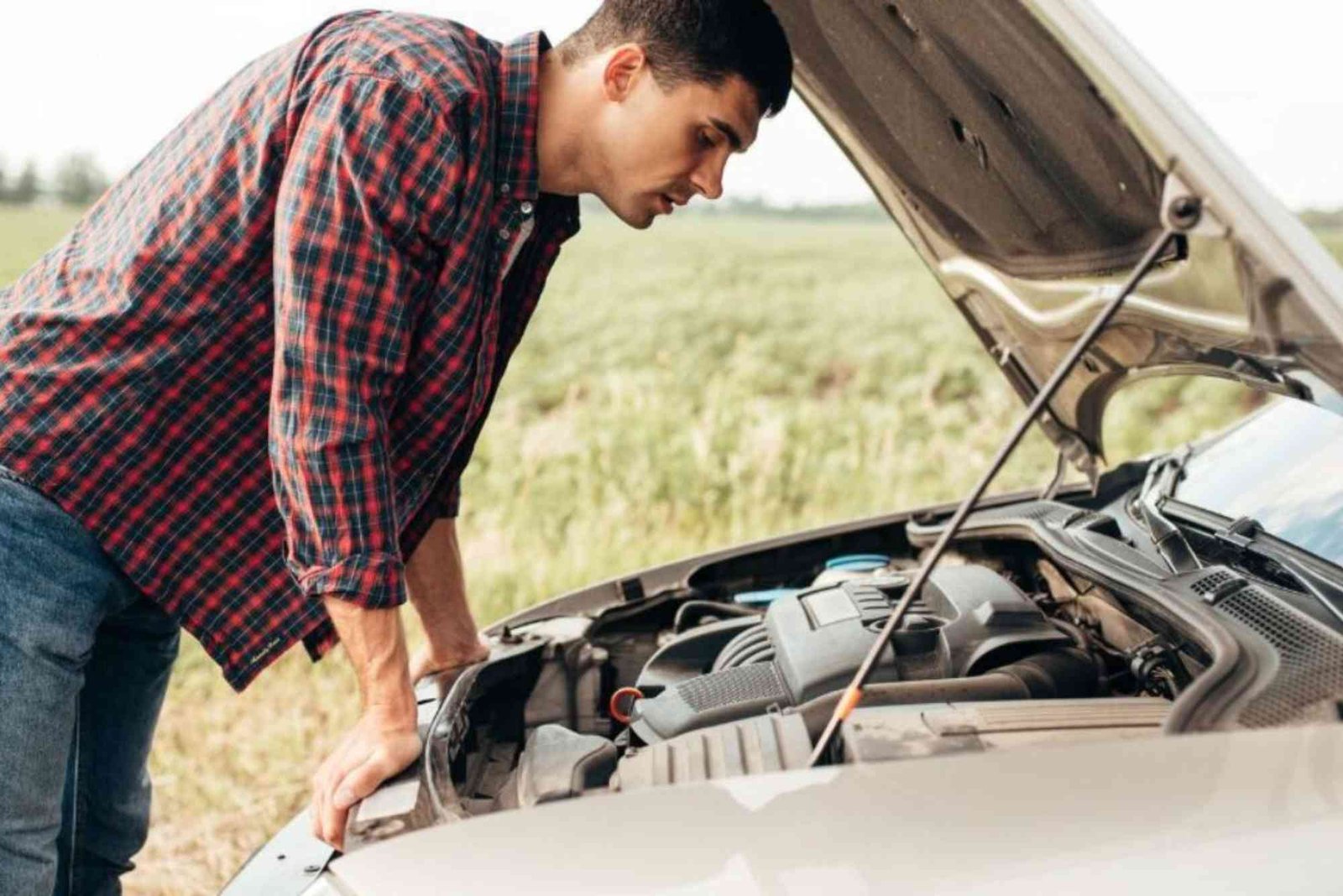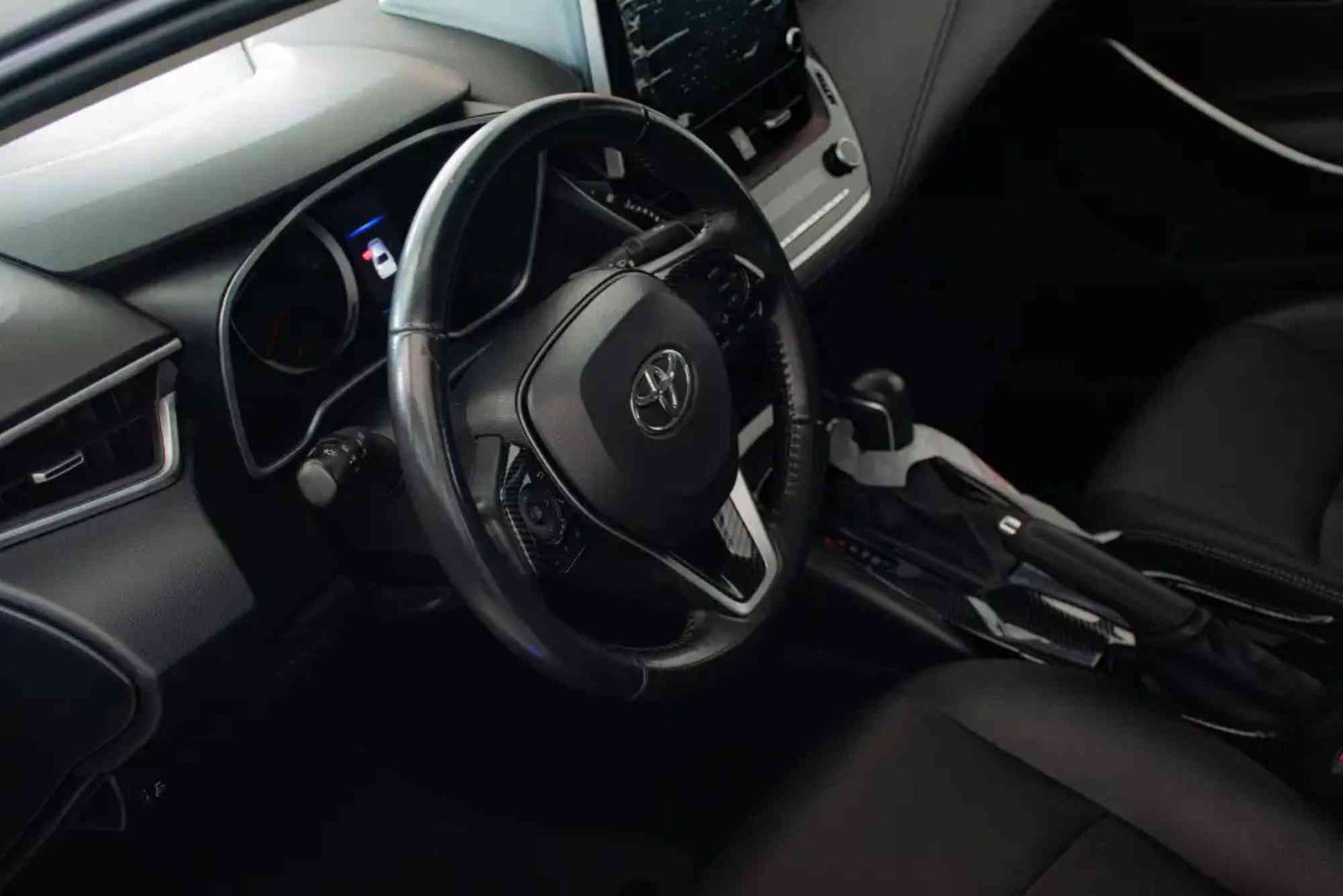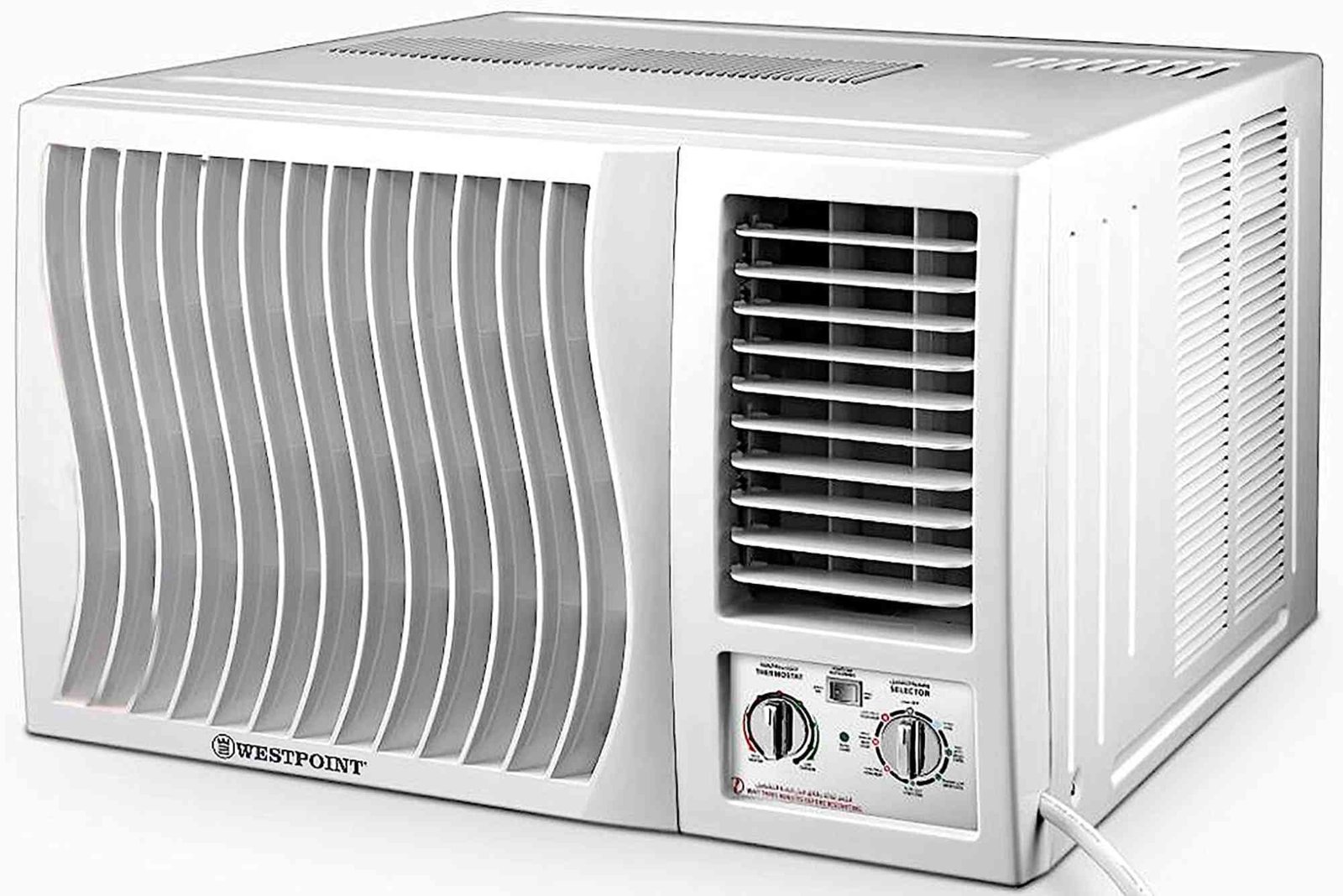Introduction
Understanding the essential steps in when automobile is crucial for every vehicle owner. Whether you are a new driver or an experienced enthusiast, following these steps ensures your car operates smoothly and safely. At Orange Theory Mountain View, we emphasize practical techniques that enhance automobile performance while maintaining safety standards. Implementing these steps not only prevents costly repairs but also prolongs the lifespan of your vehicle.
The Importance of Regular Maintenance
Maintaining your automobile is the cornerstone of its longevity. Regular upkeep identifies potential issues before they become major problems. Observing how your vehicle reacts under different conditions provides valuable insights into its overall health. For instance, noticing subtle changes in engine performance or unusual sounds can indicate maintenance needs that should be addressed promptly. Understanding these dynamics ensures you can respond effectively, keeping your automobile in peak condition.
Engine Care and Monitoring
The engine is the heart of your automobile, and neglecting its care can lead to severe consequences. Regular checks of oil levels, coolant, and air filters are essential. Engine performance can be optimized by ensuring it receives the right type of fuel and maintaining proper fluid levels. Monitoring your engine not only enhances efficiency but also reduces harmful emissions, contributing to environmental sustainability. Paying attention to minor details like unusual vibrations or smoke can prevent major engine failures.
Tire Maintenance and Safety
Tires play a significant role in vehicle safety and performance. Proper inflation, alignment, and rotation extend tire life and improve fuel efficiency. Uneven tire wear often signals alignment or suspension issues, which should be addressed without delay. A well-maintained tire setup enhances traction and stability, especially in challenging weather conditions. Additionally, regular inspection of tire treads can prevent accidents and ensure a smoother driving experience.
Understanding Transmission Systems
The transmission system is crucial for smooth power delivery from the engine to the wheels. Familiarizing yourself with the gearbox in automobile allows you to operate your vehicle efficiently. Transmission fluid levels should be checked regularly, and any unusual noises or delays in shifting should be investigated immediately. Understanding how your transmission works helps prevent premature wear and costly repairs. For those curious about technical details, a related resource: gearbox in automobile provides in-depth explanations and maintenance tips.
Importance of Fluid Checks
Transmission fluid acts as a lubricant and coolant for moving parts. Ensuring it is clean and at the right level prevents overheating and component damage. Regular monitoring of fluid quality can alert you to potential internal problems before they escalate. Keeping your vehicle’s fluid system in optimal condition ensures smoother gear transitions and prolongs the life of the transmission components.
Recognizing Transmission Issues
Signs of transmission problems include slipping gears, delayed engagement, and unusual noises. Ignoring these signs can lead to complete transmission failure. Early diagnosis allows for cost-effective repairs and avoids unexpected breakdowns. Understanding these warning signs equips you to take proactive measures, maintaining both safety and vehicle performance.
Brake System and Safety Checks
Your automobile’s braking system is vital for safe driving. Ensuring that brake pads, discs, and fluid levels are regularly inspected prevents accidents and maintains control in critical situations. Any unusual sounds or a spongy pedal should prompt immediate attention. A well-maintained braking system not only protects you and passengers but also enhances overall vehicle efficiency by preventing unnecessary wear.
Brake Fluid Maintenance
Brake fluid absorbs moisture over time, reducing its effectiveness. Regular replacement prevents corrosion and maintains braking efficiency. Keeping an eye on fluid levels and color helps detect leaks or contamination early. Maintaining proper brake fluid ensures responsive braking, which is crucial in emergency scenarios.
Identifying Wear Patterns
Uneven brake pad wear can indicate alignment or caliper issues. Addressing these early prevents further damage to the braking system. Monitoring the condition of discs and pads ensures consistent stopping power, enhancing driver confidence and vehicle safety.
Fuel Efficiency and Driving Practices
Optimizing fuel efficiency is not just environmentally responsible but also economically wise. Smooth acceleration, proper gear usage, and avoiding unnecessary idling contribute to better mileage. Observing how driving habits affect fuel consumption helps in making informed adjustments. Combining these practices with regular maintenance significantly reduces overall vehicle operating costs.
Gear Management
Understanding the appropriate gear for different driving conditions improves efficiency and reduces engine strain. Proper gear management also contributes to a longer-lasting transmission system. Smooth transitions and avoiding over-revving protect both engine and gearbox components, How Many Types ensuring a reliable driving experience.
Monitoring Performance Metrics
Keeping track of fuel consumption, engine temperature, and other performance metrics helps identify issues early. Modern vehicles often provide dashboards that alert you to inefficiencies. Being proactive in addressing these signals ensures your automobile remains efficient and reliable.
Electrical Systems and Battery Care
The electrical system powers critical components, from lights to infotainment. Regular inspection of battery terminals, fuses, and wiring ensures reliability. A failing electrical system can affect safety features and overall vehicle operation. Proper battery maintenance, including charging and cleaning terminals, prevents unexpected breakdowns.
Battery Lifespan Management
Understanding factors affecting battery lifespan, such as temperature and usage patterns, helps in planning timely replacements. Regular checks and testing avoid sudden failures, especially in extreme weather. Ensuring your battery remains in good condition guarantees consistent electrical performance.
Diagnostic Monitoring
Modern automobiles provide diagnostic codes for electrical system issues. Learning to interpret these alerts allows for efficient troubleshooting. Addressing electrical problems early minimizes downtime and prevents damage to other vehicle systems.
Following essential steps in when automobile ensures safety, efficiency, and longevity. Regular maintenance, proper driving habits, and proactive inspections prevent costly repairs and enhance performance. By understanding your vehicle’s engine, transmission, brakes, and electrical systems, you gain confidence and control over your driving experience. Implementing these steps at Orange Theory Mountain View provides practical guidance for maintaining your automobile in top condition. Take charge of your vehicle’s health today and enjoy a smoother, safer ride.
FAQ
Q: How often should I check my car’s transmission fluid?
A: Transmission fluid should be checked at least every 30,000 miles or as recommended in your owner’s manual. Regular inspection prevents overheating and component damage.
Q: What are signs of brake wear I should watch for?
A: Look for squeaking, grinding noises, a spongy pedal, or uneven pad wear. Addressing these signs early ensures safe driving.
Q: Can improper tire maintenance affect fuel efficiency?
A: Yes, underinflated or misaligned tires increase rolling resistance, reducing fuel efficiency. Regular tire checks help maintain optimal mileage.
Q: How do driving habits impact engine longevity?
A: Smooth acceleration, proper gear usage, and avoiding idling reduce engine strain and wear, prolonging its lifespan.
Q: When should I replace my car battery?
A: Batteries typically last 3-5 years. Signs of weakness include slow engine starts, dim lights, or dashboard warning alerts.




